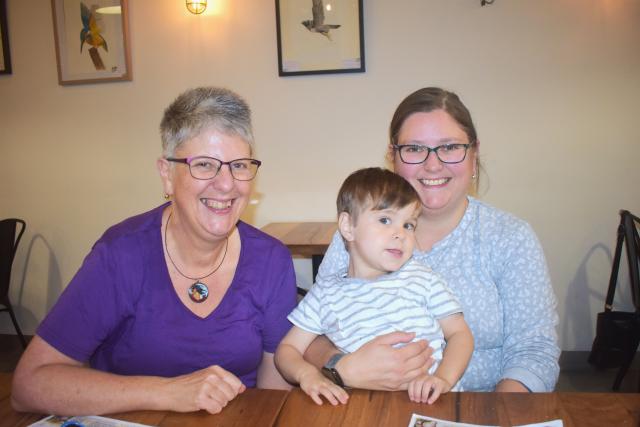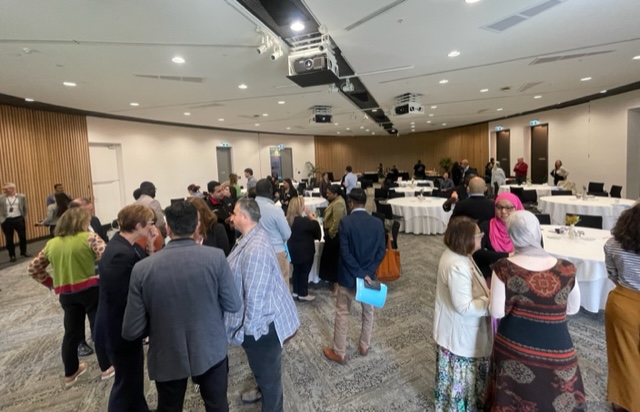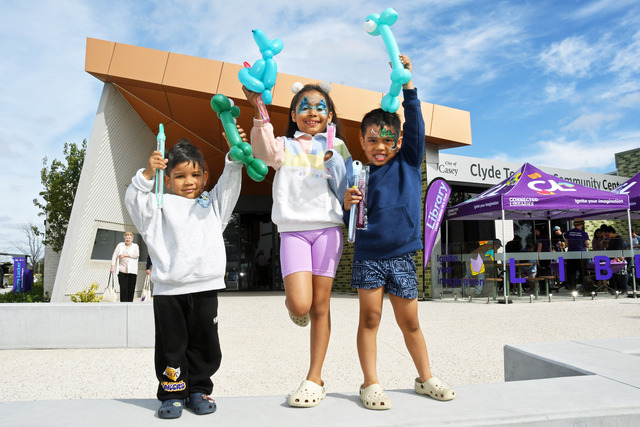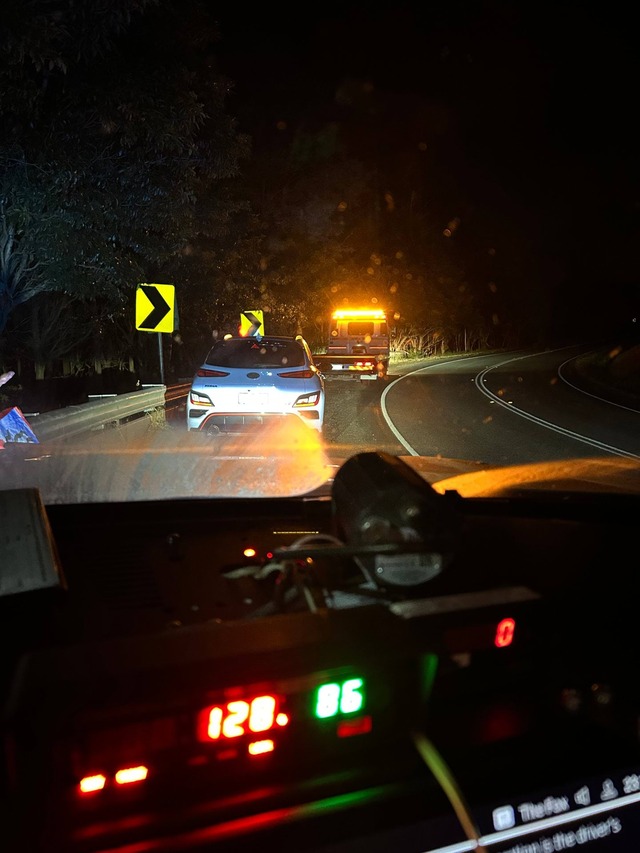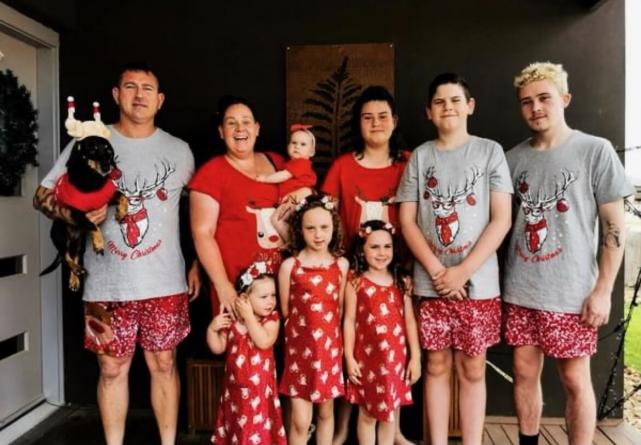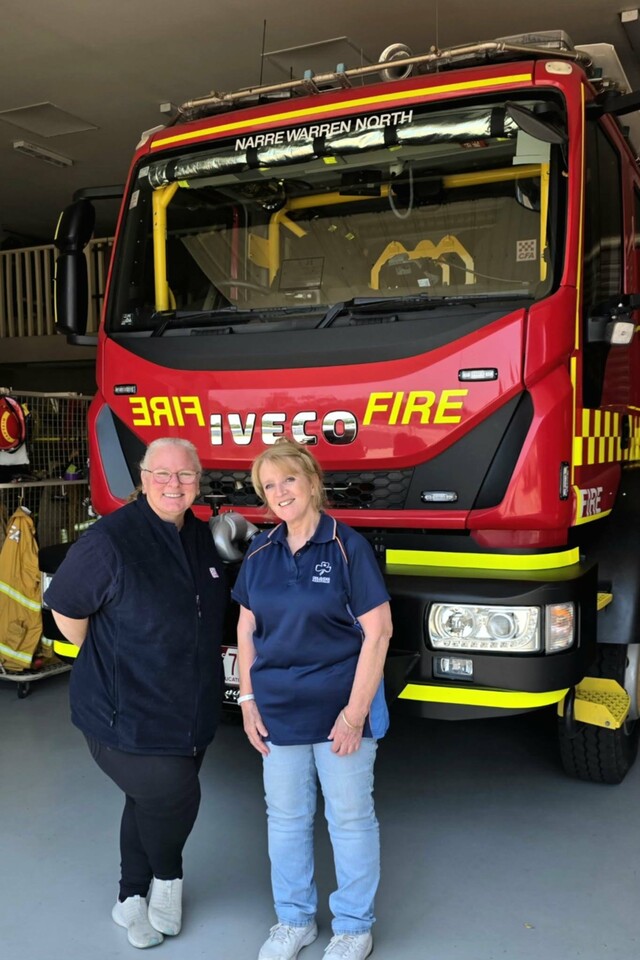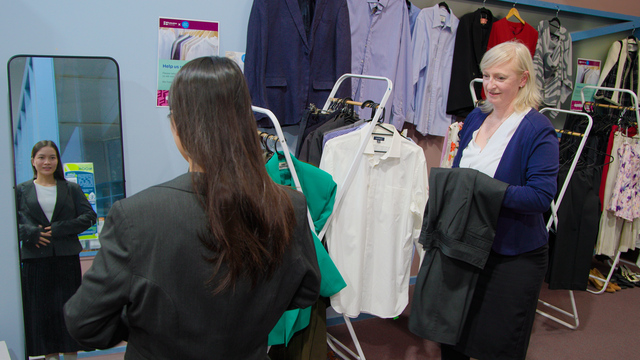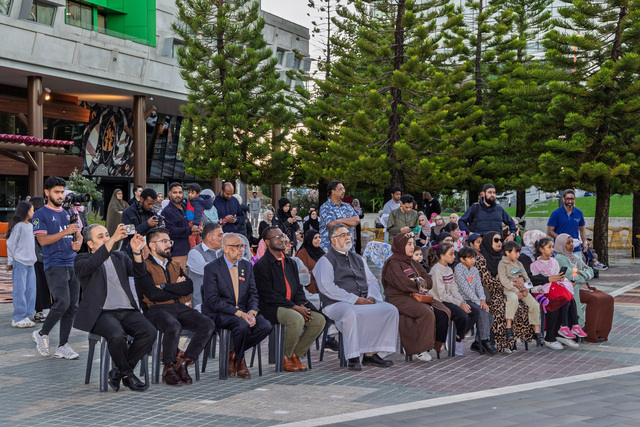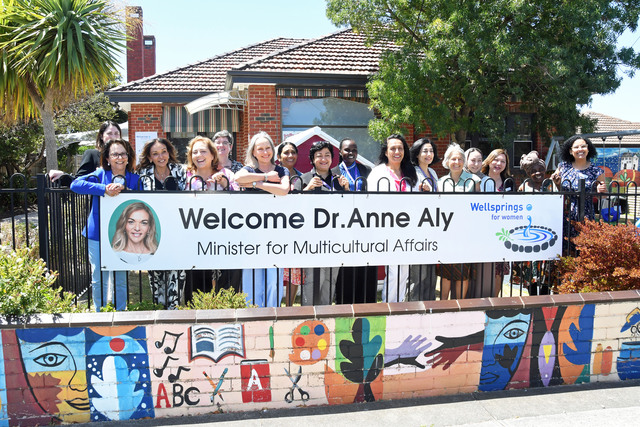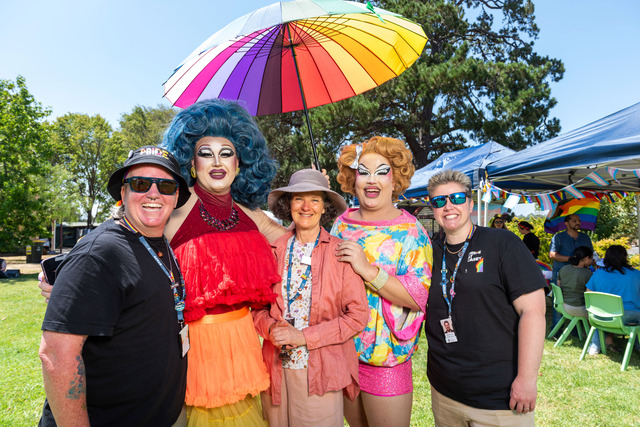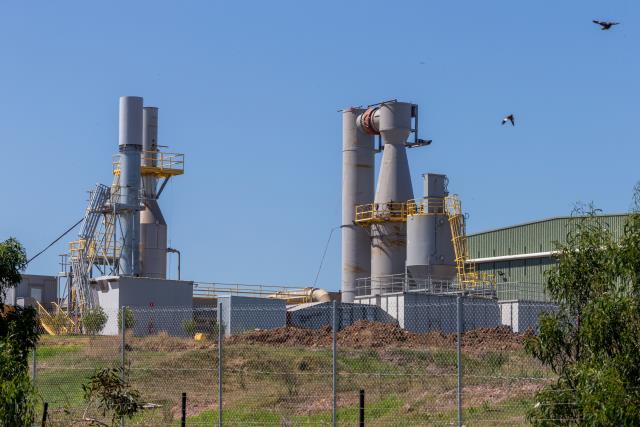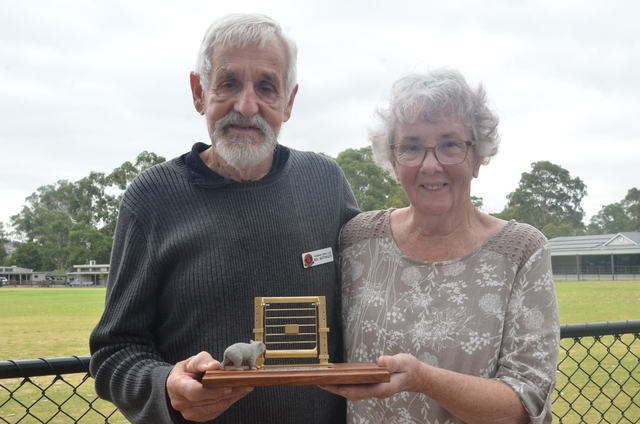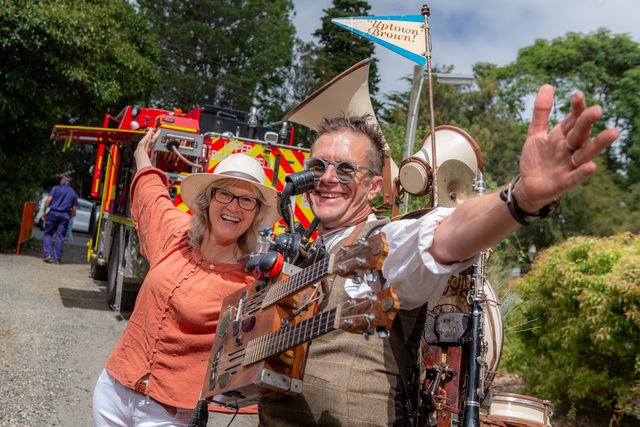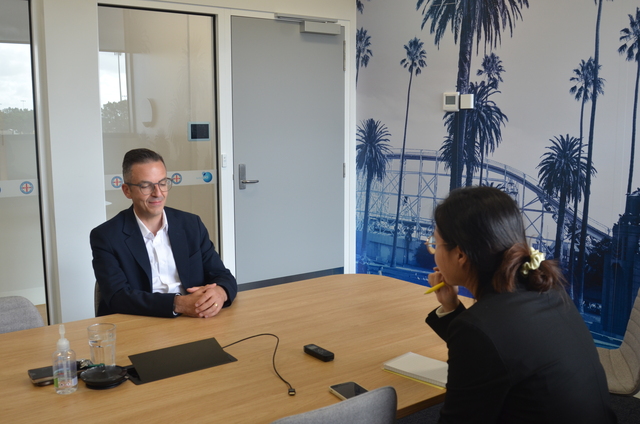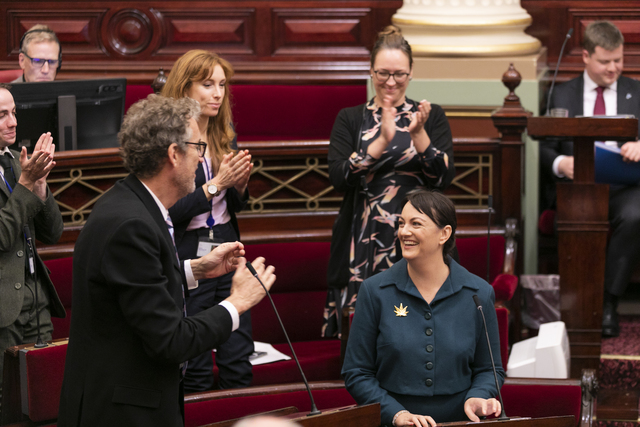A Narre Warren South mother-daughter duo are trying to dismantle the unnatural expectations of motherhood.
Yvette O’Dowd and her daughter Kaitlyn Greig are the team behind the Southern Natural Parenting Network (SNPN).
Yvette is a qualified breastfeeding counsellor, who ran a successful breastfeeding drop-in centre in Melbourne for five years.
With an extensive background in maternity, babywearing education and breastfeeding, Yvette saw she could fulfil a need within her community.
“I wanted as safe environment where five core things were shared by everyone, and then we could talk about everything else,“ Yvette said.
Yvette explained the SNPN community is like a “village“ to support mums as they raise their children.
SNPN members have five core tenants in common that serve as the foundation from which they explore their natural parenting journeys.
Co-sleeping, baby-wearing, breastfeeding, using cloth nappies and baby-led weaning are the main practices of the SNPN community.
Yvette noted that in regular parenting groups online, some of these practices would get heavy push back, leaving mothers feeling even more isolated.
“They take your choices as judgement of their choices, and I think [motherhood] is probably the only stage of life where that’s such a big thing,“ she said.
SNPN started as a Facebook group in 2014, and quickly grew from 100 members to 11,000.
One post reached 50,000 viewers, blowing Yvette’s expectations out of the water.
“It brought people together in a way that showed them they were far form the only person doing the things they were doing,“ she said.
SNPN focuses on “respective, responsive and gentle“ parenting.
This means validation for the child’s feelings, understanding and explanation of experiences, and gentle discipline over harsh punishment.
“It’s not a group of perfect parents,“ Yvette said.
“We still raise our voices sometimes,“ Kaitlyn added.
“The difference is we might apologise later and explain that we had big feelings.“
Yvette says their model is one of reflecting the type of behaviour they wish to see in their children.
“Often people are expecting behaviour from a child they’re not exhibiting themselves,“ she said.
SNPN was thriving in the local community, with weekly social sessions and babywearing try-on days.
COVID presented a host of challenges for SNPN, who were no longer able to hold crucial face-to-face events.
“There was a two year period where mothers and babies weren’t coming together,“ Yvette said.
“My son Teddy has hardly played with kids his own age,“ Kaitlyn added.
While online mother’s groups were available, Kaitlyn admitted the participants weren’t getting as much out of it as if they were face-to-face.
The team are now trying to kick off in-person events again.
Previously, SNPN held weekly playground meet ups for mums to socialise in a child-friendly environment.
“There was one point where we were averaging 20 mums, and once we got up to 60,“ Yvette said.
The group also hold babywearing sessions, where expectant or new mums can try on a host of baby carriers to find their right fit.
The babywearing group is run entirely money-free, with carriers being donated from manufacturers, spaces offered for free and no cost to participants.
Though Yvette stresses the donations do not necessarily come with a positive review- if a carrier has negative qualities, these are highlighted impartially.
SNPN has weighted baby dolls for use in the carrier try-on sessions, so mums don’t feel the nervous pang of putting an infant in a new carrier for the first time.
“We take them through it with the demo dolls, and then we take them through it with their baby, with us there,“ Yvette said.
“We will do that as many times as they need us to. We will be there to help.“
Yvette and Kaitlyn joked about how odd they look carrying the life-like dolls to the car, stuffed under their arms.
The benefits of babywearing have been known far back in human history, Yvette says.
“Babies are biologically wired to live [on a mother’s chest],“ she said.
“If you don’t have a baby carrier, they’re not going to be in a bassinet, they’re going to be in your arms.“
Research from the Université de Montréal found evidence of the use of baby carriers 10,000 years in the past.
Yvette says the baby carriers give back a level of freedom to mothers that is otherwise missed out on.
“It allows you to meet their needs and your needs,“ she said.
Yvette says eventually children will naturally branch away from the carrier, but it remains vital in the first three months of life.
“It would be easier if we had a pouch, the amount babies need to be on us,“ Yvette joked.
“Babies don’t come with a 2023 update. They’re still living in a primitive world, where if they’re not being held they could be eaten, and they don’t want to be eaten.
“It’s about going back to an intuitive and supportive relationship with the child.“
Yvette is passionate about transforming social views towards motherhood, women’s bodies and the post-birth journey.
She says ideally, the government would instate 12 months of paid parental leave, allowing breastfeeding mothers to do so until full term.
The World Health Organisation recommends exclusive breastfeeding for the first six months of an infant’s life.
Beyond that, WHO says breastfeeding remains an important source of nutrition until the 24 month mark.
However, the Victorian Paid Parental Leave scheme is only offered for 20 weeks, or five months.
Yvette says the pressure on women to return to work shortly after giving birth is unnatural.
“It’s like giving birth and having a newborn is blip in your CV,“ she said.
“We need to honour the importance of the mother-baby dyad.
“We need to honour and respect mothers, not dismiss them.“

